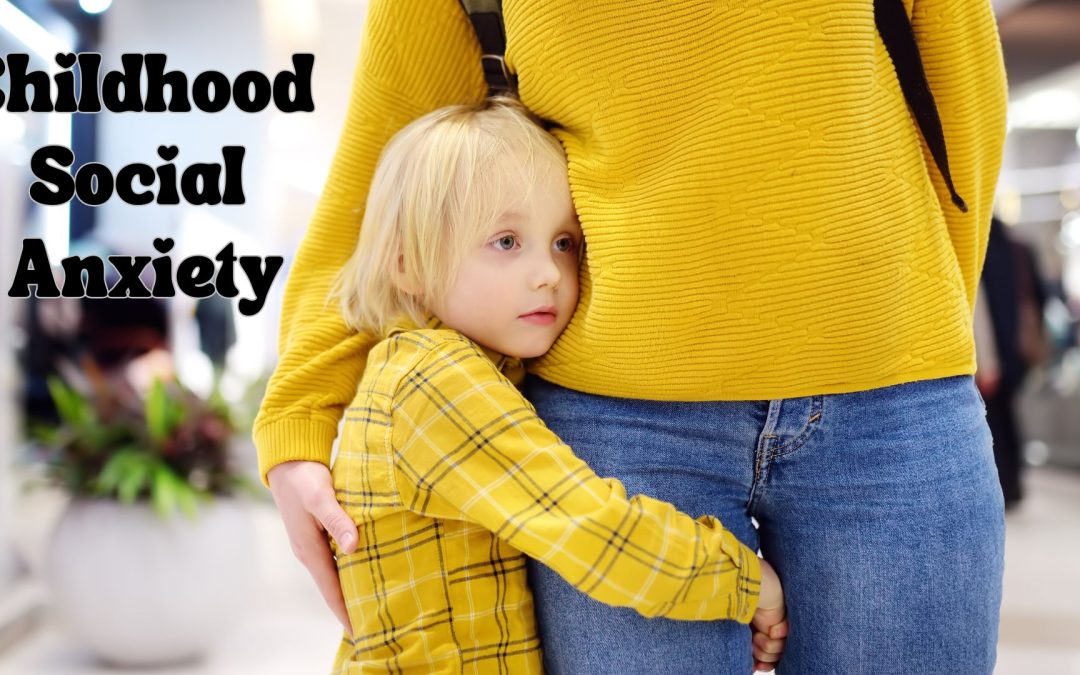We all probably felt anxious at one point or another during school. It’s easy enough when kids can sometimes be rude or mean to each other, and are easily impressionable. But some kids deal with a lot more anxiety than usual, and it can affect kids more than the usual school jitters.
Seeing the Anxiety
People are social creatures by nature, but a lot of times, social anxiety can rear it’s ugly head when kids don’t know how to interact with each other. Not all kids are social butterflies right off the bat, and sometimes this can lead to feelings of anxiety and fear when interacting with their peers or adults. Children lean on their parents for a lot of social skills growing up, and as they attend school and interact more with their peers, this helps them shape their personality.
More Signs
But if a child has social anxiety, it can make them reluctant to interact and even shut down in some circumstances, or feel like an outcast. Being aware of how your child acts at home, whether it is outgoing or a little more reserved, can help you notice if they are becoming anxious in social settings like school. If they are reluctant to go to school, or talk about being bullied, it may mean that there are underlying issues at school that need to be addressed.
Some physical signs of social anxiety is sweaty palms or armpits, headaches, stomachaches, trembling, or even going silent. They may do the opposite and tell you all the reasons why they don’t want to go to a social event, and try to get out of it.
Recognition
Being able to pinpoint any feelings of anxiety is key, but just as important is recognizing these signs for what they are. Kids sometimes need a push to do certain things in life, just as we may need a push when we’re adults. People are reluctant to change as it can be scary, so we tend to seek out what’s comforting and familiar. Kids are no different, especially if the new situation is a little stressful, so they will be more reluctant to participate. Let your kids know that you recognize their efforts and want to help them in any way possible. It may be doing exercises at home to help them relax in social situations, or it may require therapy or talking to a third party in order for them to overcome their anxiety and be prepared.
Katie Kyzivat

